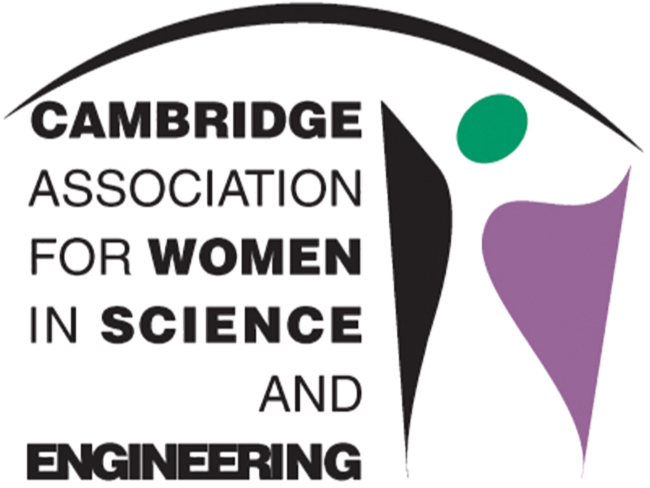Chair
Agnieszka Rutkowska
What is your current profession/background?
I am an independent consultant specializing in sensor technologies and medical
device development. After completing my PhD in nanotechnology, I dedicated my
career – both in academia and industry – to driving healthcare innovation. With over
10 years of experience, I have contributed to the development and
commercialization of biosensor technologies aimed at improving healthcare
outcomes. In my current role, I advise global clients on integrating sensor systems
and de-risking them for successful commercial roll-out.
What point in your life led you to pursue a career in STEMM?
I was raised in a family of engineers and scientists who inspired me to approach the
world with curiosity and an open mind. Some of my earliest memories are of doing
chemistry experiments with my dad, who was also a chemist – most likely the smell
of “egg in vinegar” in our house was the beginning of my fascination with science. My
path into STEMM was also shaped by personal experience: witnessing my mum’s
health challenges gave me a deep sense of purpose and a desire to contribute to
healthcare innovation. This combination of early curiosity and personal motivation
has driven my pursuit of technological solutions that can directly improve people’s
lives.
What is one of your biggest aspirations?
One of my biggest aspirations is to bring cutting-edge technologies into the hands of
people who need it most. I am committed to drive the development and
commercialisation of medical technologies that are not only innovative but also
accessible and transformative for healthcare systems globally. At the same time, I
want to empower more women to thrive in STEMM careers – by supporting their
professional passions, enabling them to lead with confidence and authenticity.
What advice would you give to aspiring female scientists and engineers?
Follow your interests with true passion and joy. Develop your intuition into a strong,
reliable skill which can become your greatest compass in navigating career choices
and challenges. Surround yourself with a support network of like-minded
professionals and mentors who can lead by example and provide invaluable advice.
And utmost – be confident you in your curiosity to science and engineering.
How have you benefited from being a part of CamAWiSE?
I first joined CamAWiSE as a member when I moved to Cambridge in 2019. Later, I
was invited to join the Steering Committee, where I met a network of inspirational
women who share a deep passion for STEMM. With their support, I was able to
shape and develop my ideas into meaningful projects that have contributed to others'
career progression and broadened the general public’s perspective on what it means to
be a woman in STEMM. CamAWiSE has given me the confidence to pursue my
professional ambitions at the highest level.
What do you like to do in your free time?
Outside of work, I enjoy spending time with my family and friends. I am a mother to
two wonderful children. Together we do all sorts of things from sports activities like
cycling, skiing and swimming to travelling and playing board games or conducting
crazy cooking experiments. I am passionate about yoga and staying active, so I
exercise several times a week. I read books in Polish and English, and I’m always
learning new skills – currently exploring Ukrainian on Duolingo.
Ask me about...
Near-patient biosensors, medical device technologies and healthcare product
development, inclusion and equity in STEMM.

Agnieszka Rutkowska
Chair

Raheela Rehman

Helen Arnold

Heleen van ‘t Spijker, PhD

Sofia del Pozo Rodriguez

Karolina Spalek

Iratxe Puebla

